Best Companion Plants For Melons That Will Help You Grow A
Best Companion Plants for Melons That Will Help You Grow a Sweeter, Healthier Harvest
Melon plants are a delicious and refreshing addition to any garden. But growing them successfully can be tricky. One way to improve your chances of success is to plant companion plants with your melons. Companion planting is the practice of planting certain plants together to benefit each other. Some companion plants can help to repel pests, attract pollinators, or improve the soil quality.
Here are some of the best companion plants for melons:
- Basil: Basil is a natural insect repellent that can help to keep pests away from your melon plants. It also helps to improve the flavor of melons.

- Beans: Beans are nitrogen-fixing plants, which means they can add nitrogen to the soil. This can help to improve the growth and health of your melon plants.
-(2).jpg)
- Carrots: Carrots help to repel nematodes, which are microscopic worms that can damage melon roots.
- Cucumbers: Cucumbers and melons are both members of the cucurbit family, so they can benefit from each other's company. They also have similar growing requirements, so they can be planted together in the same bed.
- Dill: Dill helps to attract pollinators, which are essential for fruit production. It also helps to improve the flavor of melons.
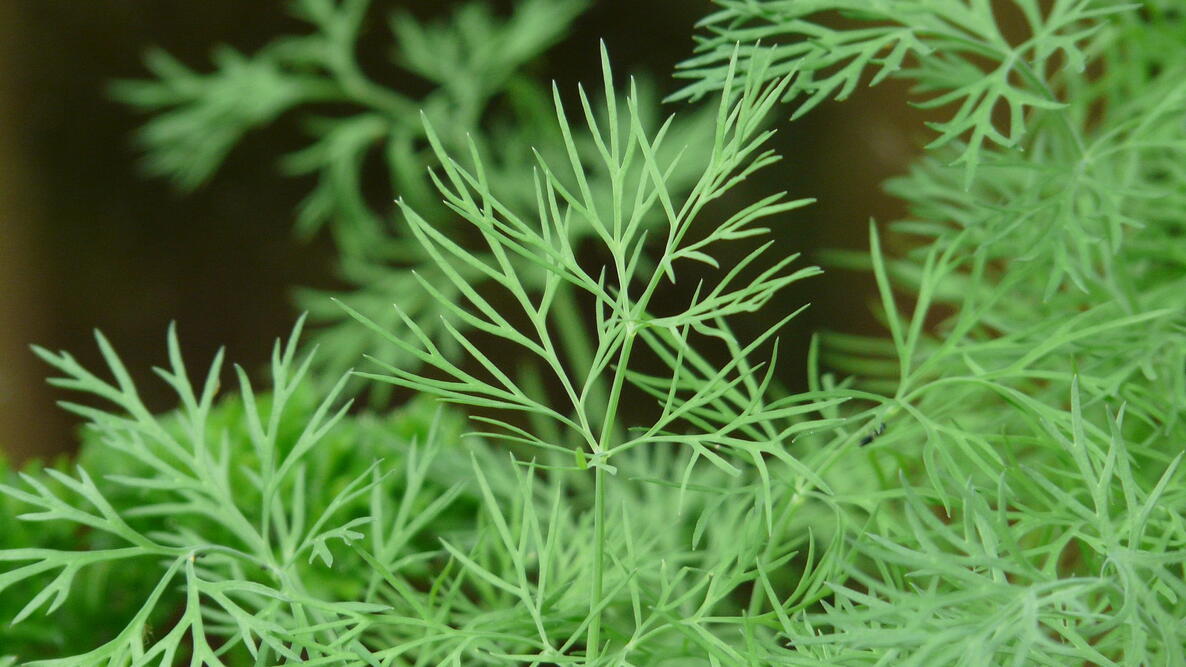
- Lettuce: Lettuce is a fast-growing crop that can be planted in between melon plants. It helps to suppress weeds and can also be harvested early on to give your melon plants more space to grow.
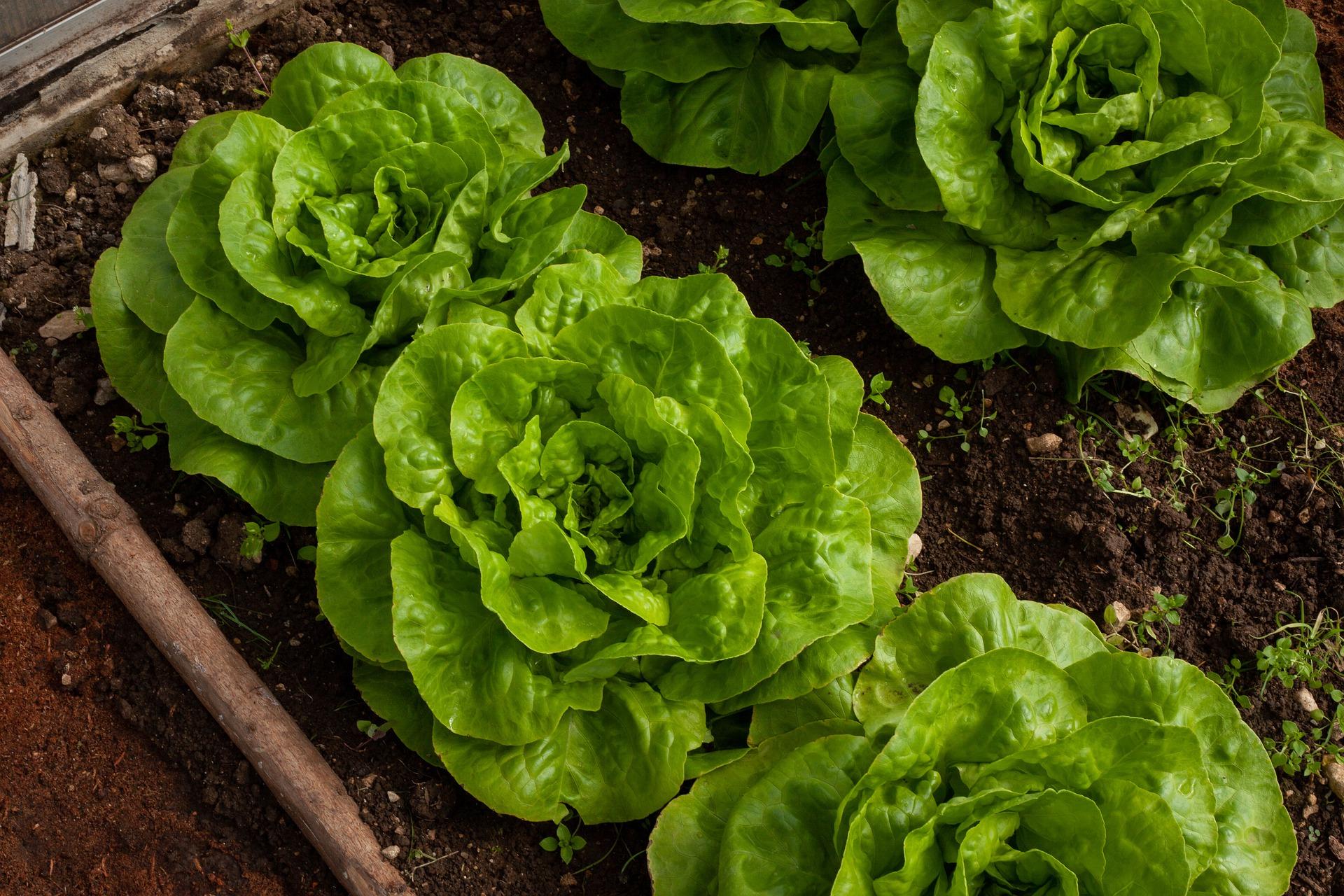
- Marigolds: Marigolds are another natural insect repellent that can help to keep pests away from your melon plants. They also help to improve the drainage of the soil.
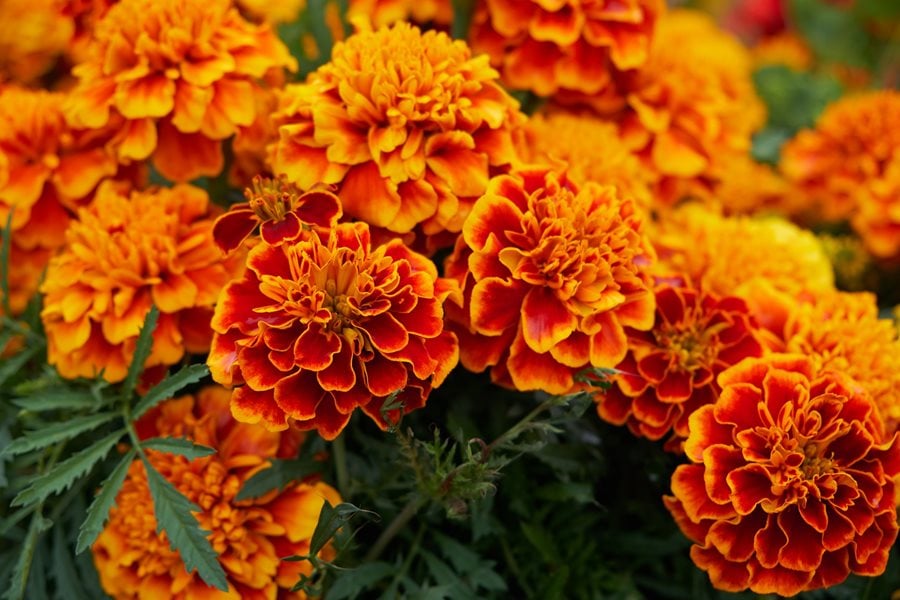
- Nasturtiums: Nasturtiums are another insect-repelling companion plant that can help to protect your melon plants. They also help to attract pollinators.

- Onions: Onions help to repel aphids, which are a common pest of melon plants. They also help to improve the flavor of melons.
- Peas: Peas are nitrogen-fixing plants, just like beans. They can help to improve the growth and health of your melon plants.
- Sunflowers: Sunflowers help to attract pollinators, which are essential for fruit production. They also help to shade the soil, which can help to keep it moist and cool.
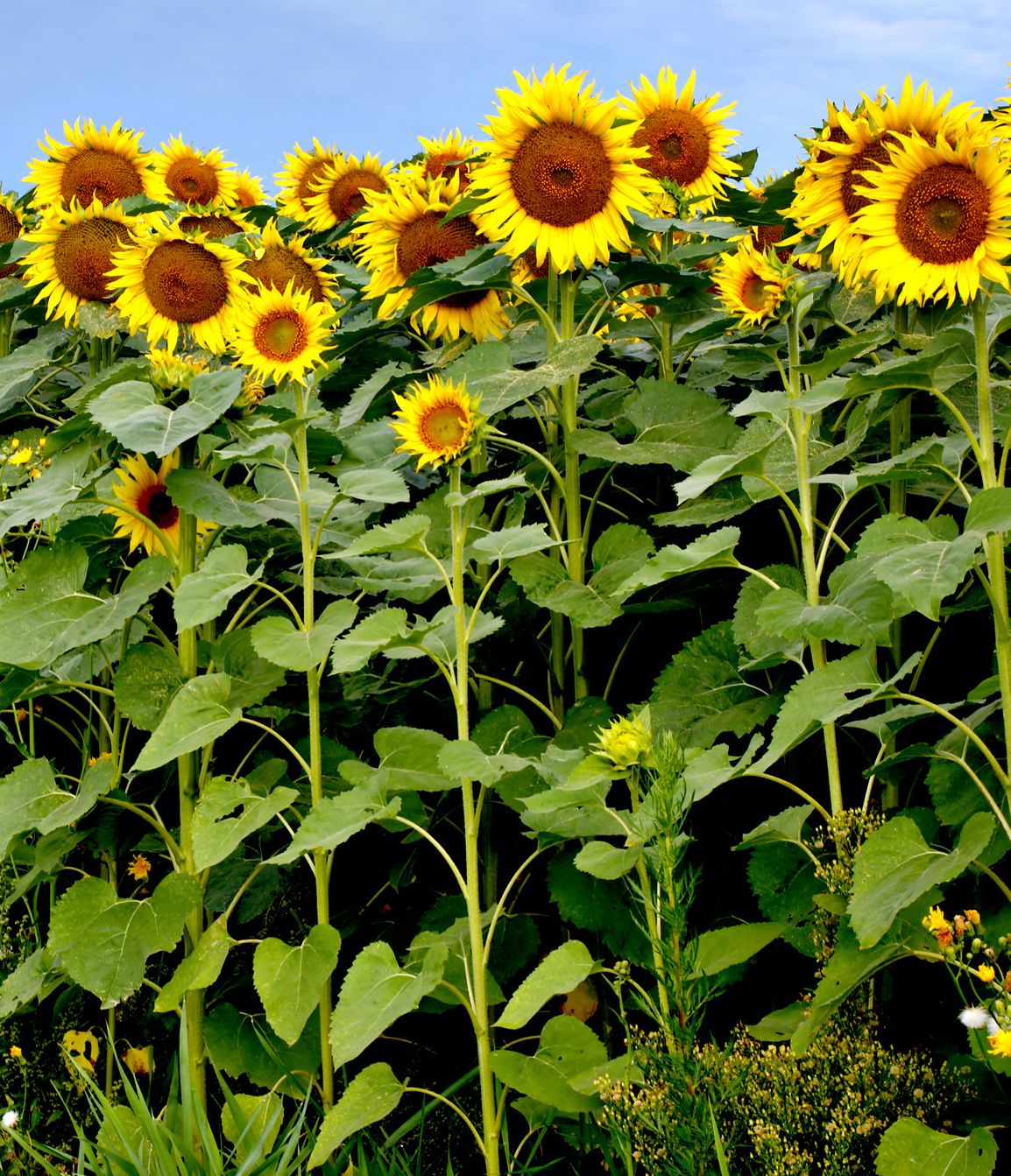
When choosing companion plants for your melons, it's important to consider the growing conditions in your area. Some companion plants, such as marigolds and nasturtiums, prefer full sun, while others, such as lettuce and carrots, prefer partial shade. It's also important to make sure that the companion plants you choose have similar water and fertilizer requirements as your melon plants.
By planting companion plants with your melons, you can help to improve their growth, health, and flavor. So next time you're planning your garden, be sure to add some of these beneficial plants to the mix.
Melon plants are a delicious and refreshing addition to any garden, but they can be susceptible to pests and diseases. One way to help protect your melon plants is to plant them with companion plants. Companion plants are those that benefit each other when grown together. For melons, some of the best companion plants include:
- Beans: Beans fix nitrogen in the soil, which can help to improve the growth of melon plants.
- Carrots: Carrots help to repel pests like nematodes, which can damage melon plants.
- Cabbage: Cabbage helps to repel pests like cabbage loopers, which can eat melon leaves.
- Lettuce: Lettuce helps to suppress weeds, which can compete with melon plants for water and nutrients.
- Marigolds: Marigolds help to repel pests like aphids, whiteflies, and squash bugs, which can all harm melon plants.
For more information about the best companion plants for melons, you can visit Gardenia Inspiration. This website provides a comprehensive list of companion plants, along with information about the benefits of each plant. You can also find tips on how to plant and care for companion plants in your garden.
FAQ of best companion plants for melons
Question 1: What are the best companion plants for melons?
Answer: Some of the best companion plants for melons include:
- Beans: Beans are nitrogen-fixing plants, which means they add nitrogen to the soil. This can help melons grow better and produce more fruit.
-(2).jpg)
- Peas: Peas are also nitrogen-fixing plants. They can help to suppress weeds and improve the drainage of the soil.
- Onions: Onions have a strong smell that can repel pests, such as cucumber beetles and aphids.
- Garlic: Garlic has a similar effect to onions, and it can also help to improve the flavor of melons.
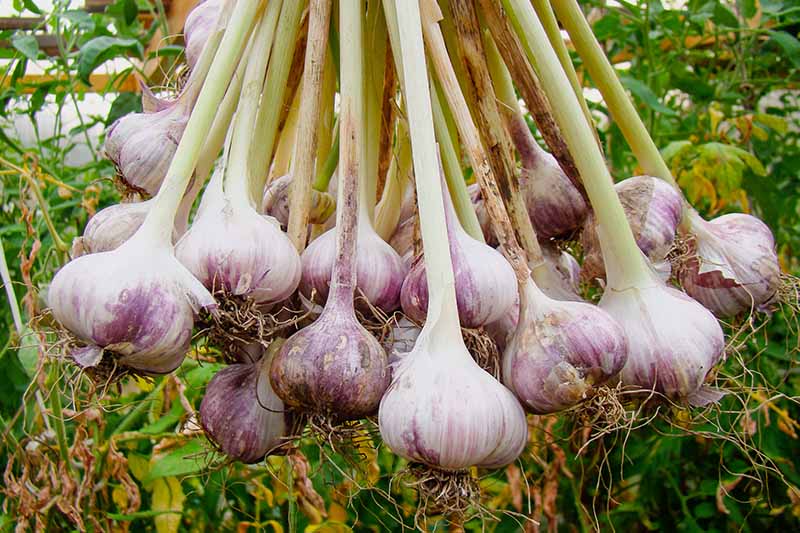
- Lettuce: Lettuce is a fast-growing crop that can be harvested before melons need a lot of space. It can also help to suppress weeds.

- Marigolds: Marigolds are not only beautiful flowers, but they can also help to repel pests. They are especially effective against nematodes, which can damage melon roots.

- Nasturtiums: Nasturtiums are another type of flower that can help to repel pests. They are especially effective against aphids and whiteflies.

- Sunflowers: Sunflowers can help to attract pollinators, which are essential for melons to set fruit. They can also help to shade the melon vines from the hot sun.

Question 2: What plants should I avoid planting near melons?
Answer: Some plants that you should avoid planting near melons include:
- Cucumbers: Cucumbers and melons are closely related plants, and they can compete for nutrients and water.
- Squash: Squash can also compete with melons for resources. Additionally, squash bugs can also damage melon plants.
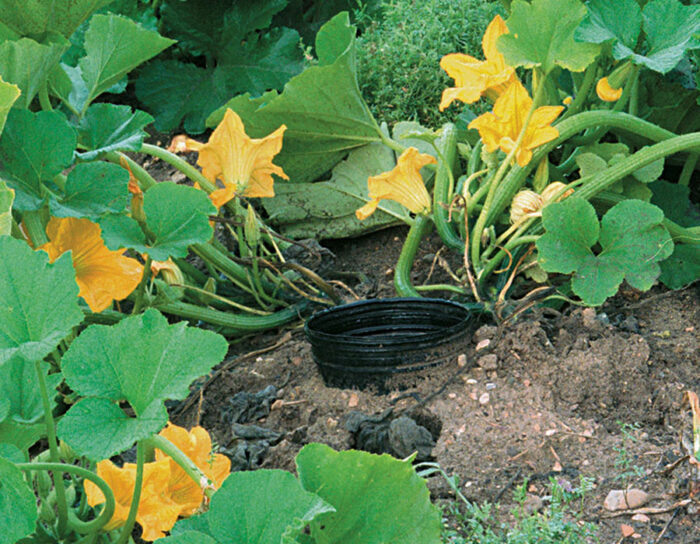
- Potatoes: Potatoes can harbor a fungus that can damage melon plants.

Question 3: How do companion plants benefit melons?
Answer: Companion plants can benefit melons in a number of ways, including:
- Attracting pollinators: Pollinators, such as bees and butterflies, are essential for melons to set fruit. Companion plants that attract pollinators can help to improve the pollination rate of melon plants.
- Reducing pests: Some companion plants can help to repel pests that can damage melon plants. For example, marigolds and nasturtiums can help to repel aphids and whiteflies.
- Improving soil quality: Some companion plants can improve the soil quality around melon plants. For example, beans and peas are nitrogen-fixing plants, which means they add nitrogen to the soil. This can help melons grow better and produce more fruit.
- Suppressing weeds: Some companion plants can help to suppress weeds around melon plants. For example, lettuce and marigolds can help to shade out weeds and prevent them from growing.
Question 4: How far apart should I plant melons and their companion plants?
Answer: The spacing requirements for melons and their companion plants will vary depending on the specific plants involved. However, as a general rule, you should space melon plants at least 3 feet apart, and you should space their companion plants at least 1 foot apart.
Question 5: When should I plant companion plants with my melons?
Answer: You can plant companion plants with your melons at the same time, or you can plant them a few weeks earlier. If you plant them earlier, the companion plants will have a chance to establish themselves before the melon plants are transplanted.
Image of best companion plants for melons
Here are 5 different images of best companion plants for melons from Pinterest:
- Marigolds - Marigolds are known for their insect-repelling properties, which can help to protect melon plants from pests such as cucumber beetles and squash bugs. They also help to improve the soil quality around melon plants.
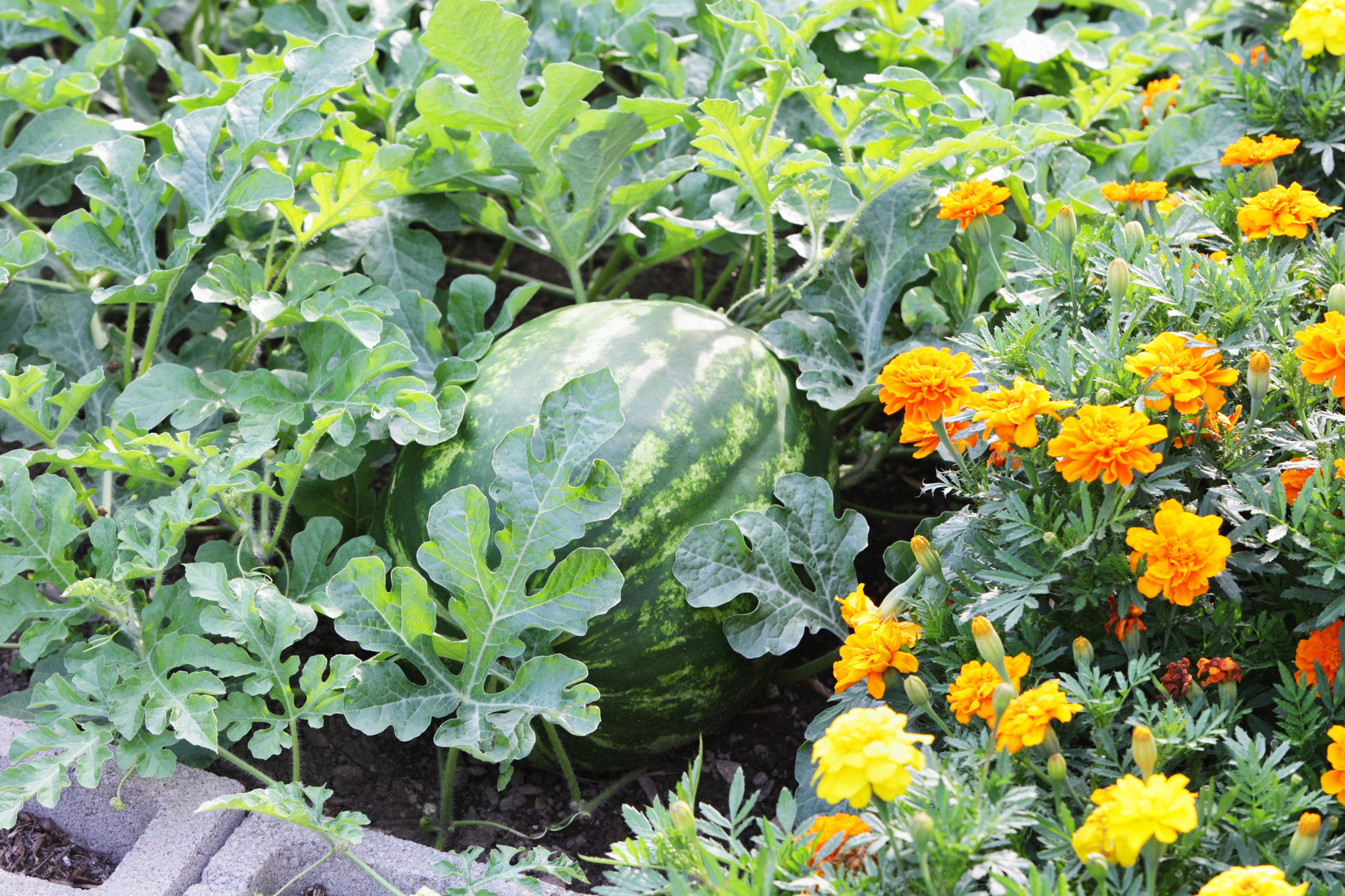
- Carrots - Carrots help to suppress the growth of nematodes, which are microscopic worms that can damage melon roots. They also help to improve the drainage around melon plants.
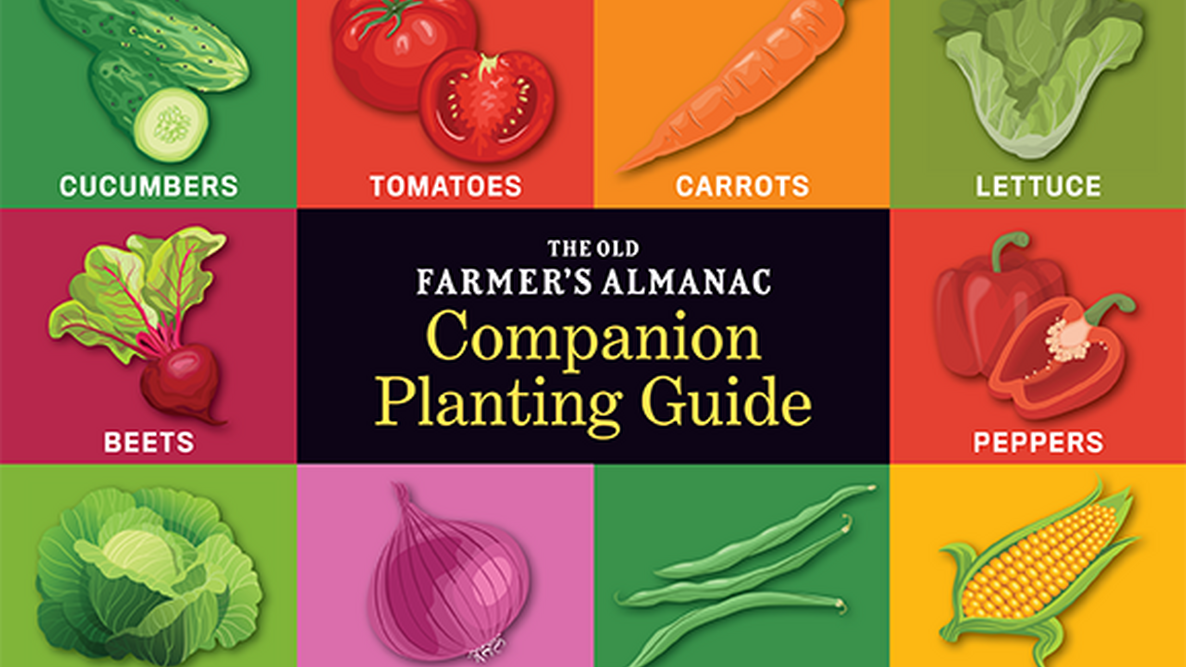
- Kale - Kale is a nitrogen-fixing plant, which means that it can help to improve the nitrogen levels in the soil around melon plants. It also helps to shade the soil, which can help to keep it cool and moist.

- Spinach - Spinach is another nitrogen-fixing plant that can help to improve the soil quality around melon plants. It also helps to repel aphids, which are a common pest of melons.
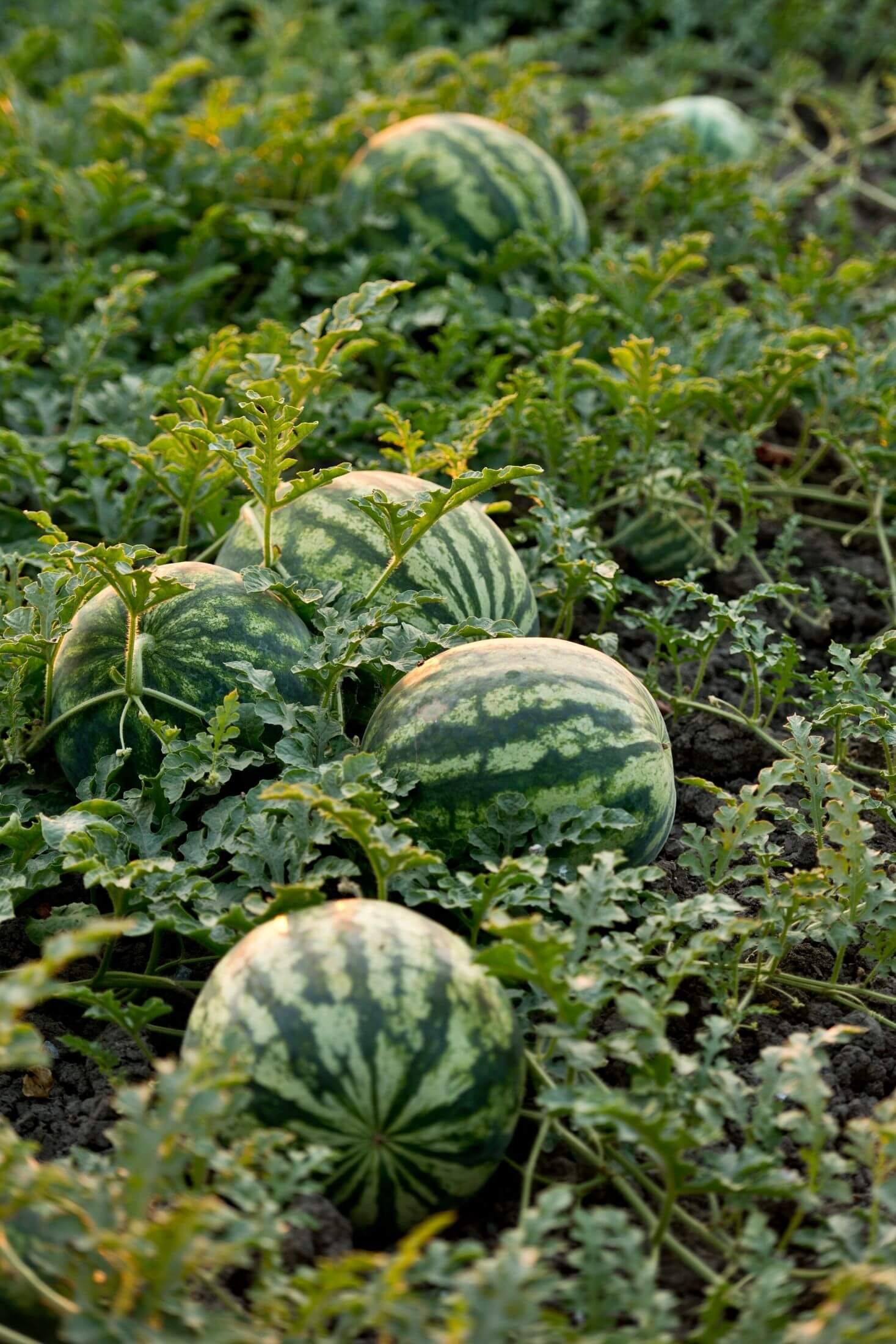
- Lettuce - Lettuce is a good companion plant for melons because it has shallow roots and will not compete with melons for water and nutrients. It also helps to suppress the growth of weeds.

Post a Comment for " Best Companion Plants For Melons That Will Help You Grow A"